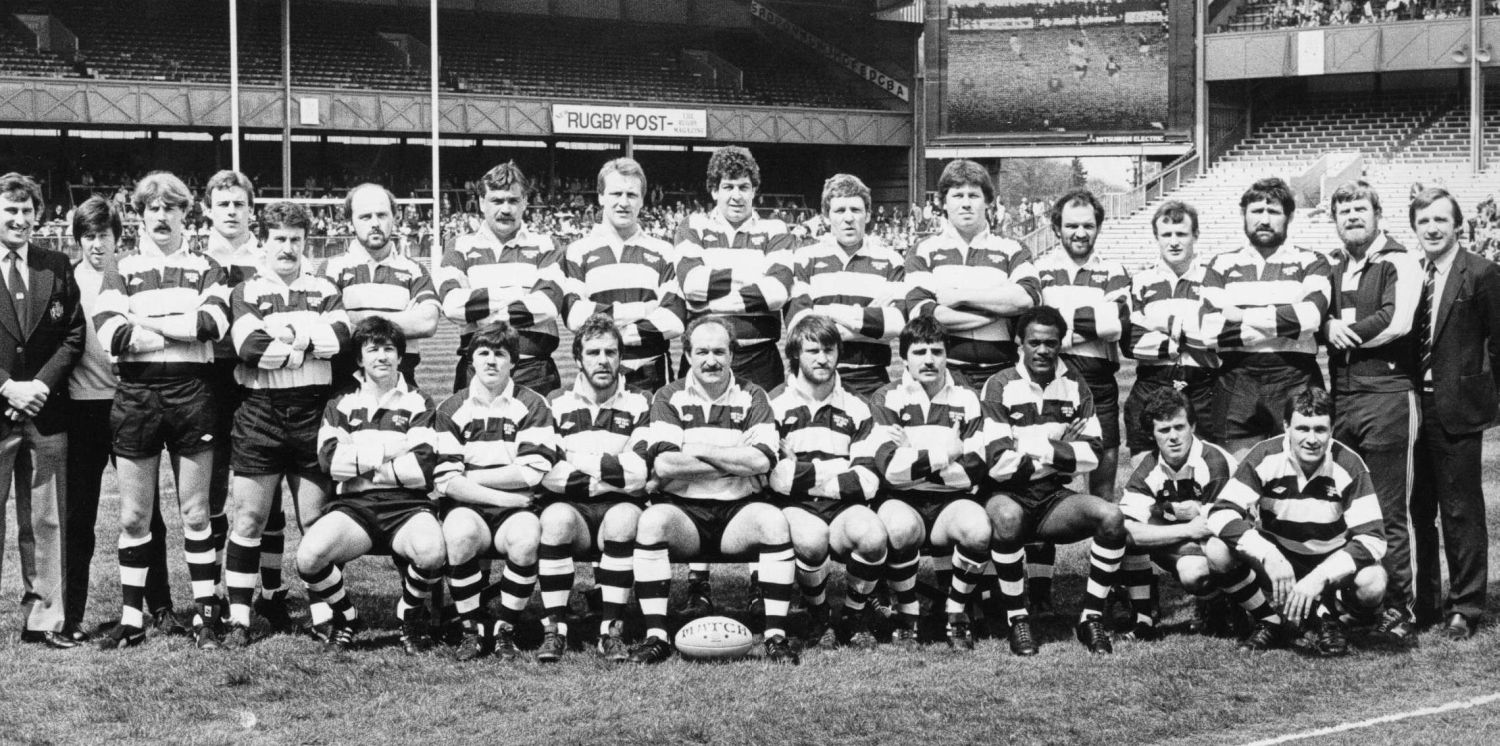Reason was vital in alphabet final

Ad
WHEREARE THEYNOW?
BRISTOL 1983
JOHN PLAYER CUP WINNERS
By NEIL FISSLER
VICTORY at Twickenham in May 1983 still rates as one of the biggest days in the history of Bristol Rugby Club and prop star Austin Sheppard says it was 12 months in the making.
Sheppard, who played both loose-head and tight-head for England, believes Bristol’s name was on the John Player Cup in 1982 – but instead they tasted defeat at Liverpool to fall two stops short of Twickenham.
Sheppard believes that was the best Bristol side he played in and failure to lift the Cup worked as supreme motivation the follo...
Continue reading...

Access all our premium content from as little as 14p per day!
Already a subscriber to our website? Login